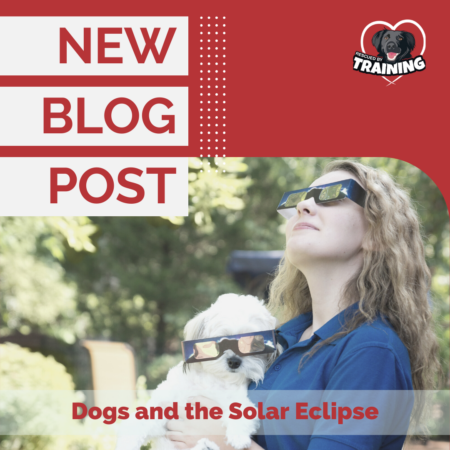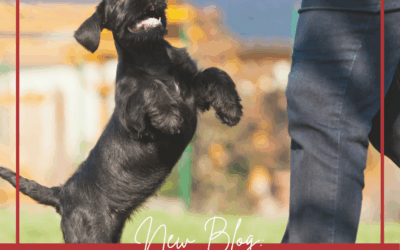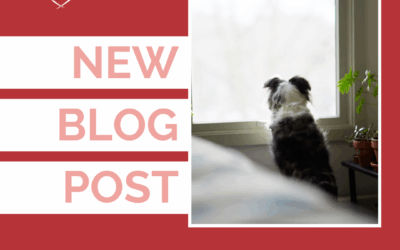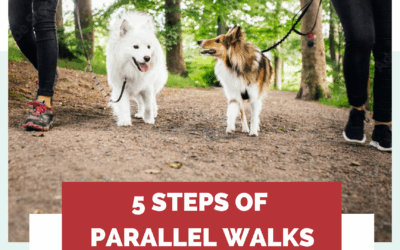With many of us thinking ahead to the upcoming solar eclipse, and ordering those special glasses to protect your eyes for this once in a lifetime event, you may be wondering if you need to worry about your dog (or other pets) for the eclipse. Well, I checked with vet ophthalmologist Dr. Micki Armour, VMD, DACVO at Armour Veterinary Ophthalmology at Friendship Hospital for Animals in Washington DC to confirm, there’s generally no need for your cats and dogs to use eclipse glasses. However, if your dog is prone to watch things that you do, like TV, or follow your gaze, then she suggested you may want to consider a pair of Doggles or Rex Specs or keep those pets inside and not take any risks.
(Note from your trainer: If your dog has not been trained to comfortably wear goggles then I’d recommend just keeping them inside. We wouldn’t want to just stick goggles on them without properly training them to wear them and be comfortable wearing them. If this is something you need help with training-wise, I can help with that (motorcycle sidecar anyone? or dog with eye issues?) but please don’t just buy goggles and expect your dog to wear them without any training.)
If you think about your animal’s behavior on non-eclipse days and they aren’t normally staring up into the sky at the sun, or staring at the moon in the evening, then the eclipse isn’t likely going to change that. If anything, when it gets dark, they may think it’s nighttime and start to do whatever their nighttime routine is. When eclipses happen and researchers look at the effects on wildlife, they see animals and bugs begin to do evening activities. “For nocturnal animals, they may think it’s time for their evening activities to begin. Animals like opossums, bats and owls may emerge from their daytime resting places. Crickets, whippoorwills and frogs might begin their evening chorus of chirps and songs. For diurnal animals, the eclipse could signal that it’s bedtime. So birds might fly into trees and chickens might settle into their coops to roost for the night. Bees could return to their hives, and barnyard animals like horses and cows may start moving toward their stables.”
For our domestic animals, they may not even notice. There’s not a lot of research on the topic, one paper from 1932, reported some anxiety in dogs, but it was unclear if it was from the eclipse itself or the behavior of the people around the dogs. A paper from 2018 that compared social media observations during the 2017 eclipse, reported both increases and decreases in mammal activities, and says “it is possible that the brief changes in temperature and wind speed are sensed by animals and, in combination with reduced light, are interpreted as the beginning of nocturnal changes or large storm.” So, in dogs who have storm phobia, perhaps they may think a storm might be brewing, but thankfully for them, the eclipse passes fairly quickly.
If you’re particularly worried, you could just opt to keep them inside if you’re in the band of totality. And it’s important to remember, the sun doesn’t become more dangerous during the eclipse. It’s only that people want to look directly at it during this incredible event, which is why we need glasses. Our dogs don’t have the fascination we do with the eclipse (maybe they’re smarter than we are!), so they should be safe, but if you’re worried, just keep them safely inside until is passes.
Be sure to sign up for my free weekly newsletter so you don’t miss out on big announcements, videos, personal stories, client successes and more!
Contact me and schedule a session if you need help.
Happy training!
![]()
(And a big thank you to Dr. Armour for letting me bounce this post off her for her expertise and feedback and to VB Dr. Ropski at Friendship for facilitating the introduction. These relationships are part of what makes my behavior practice such a success for my clients, so thank you!)




